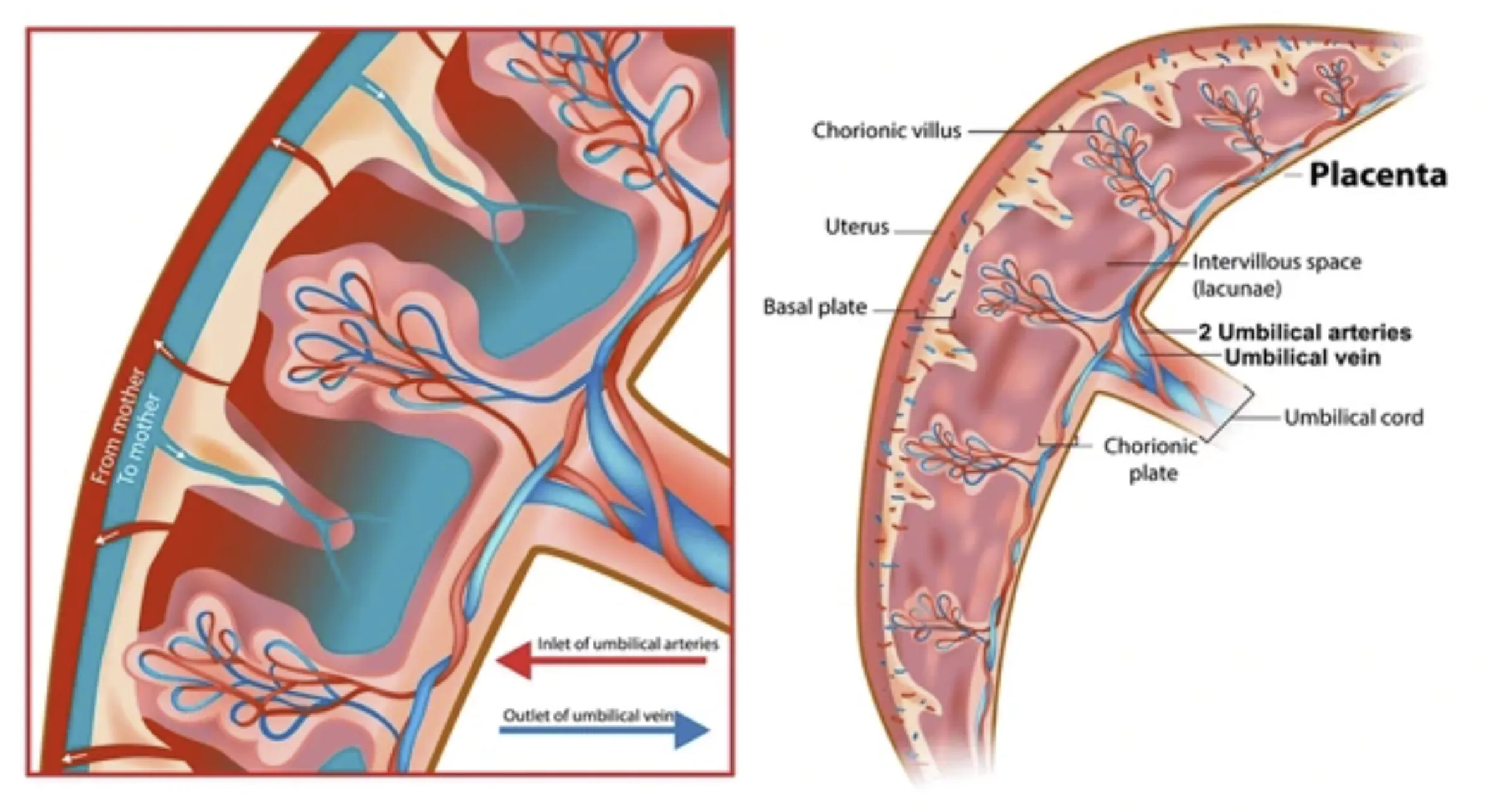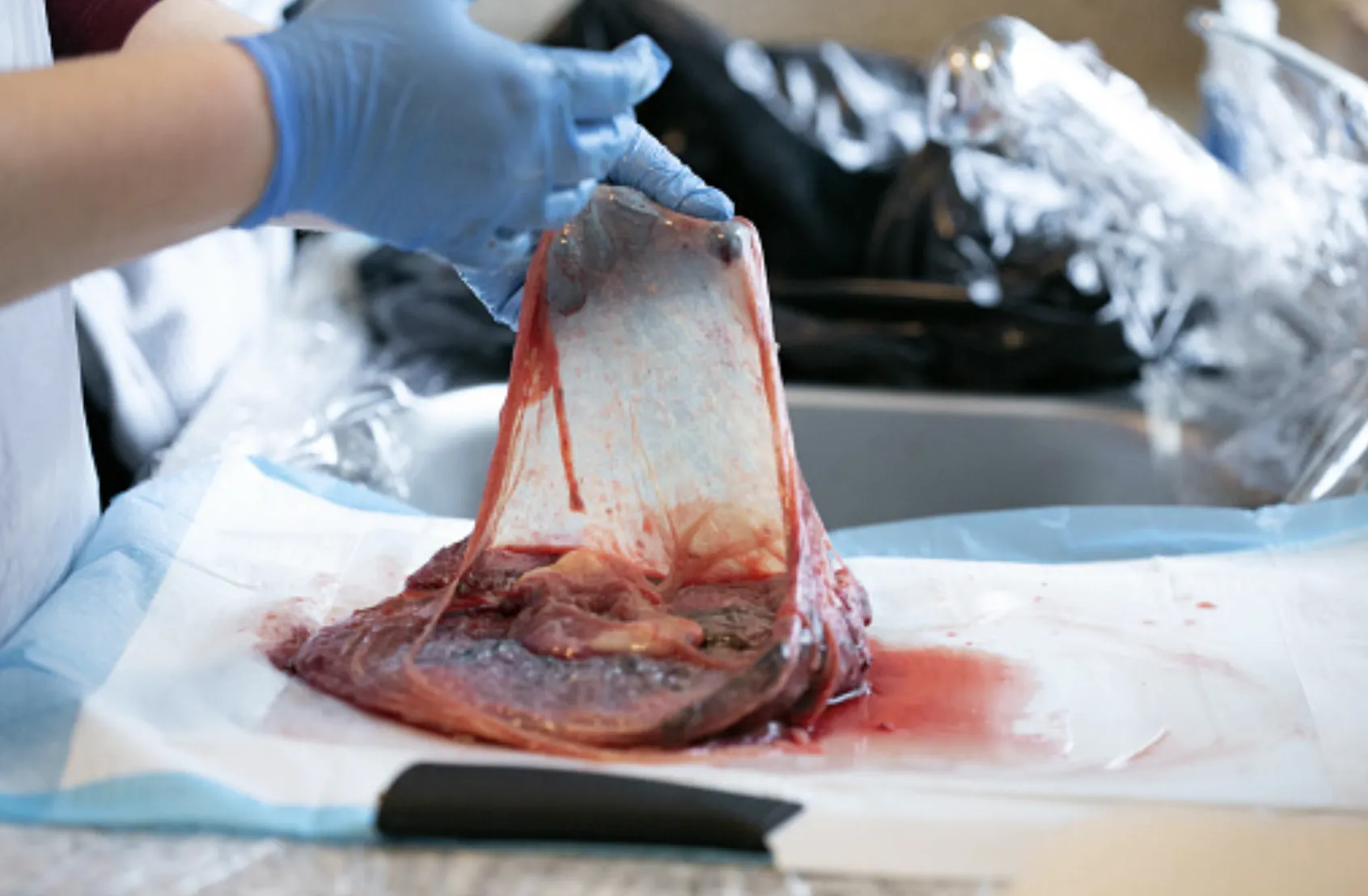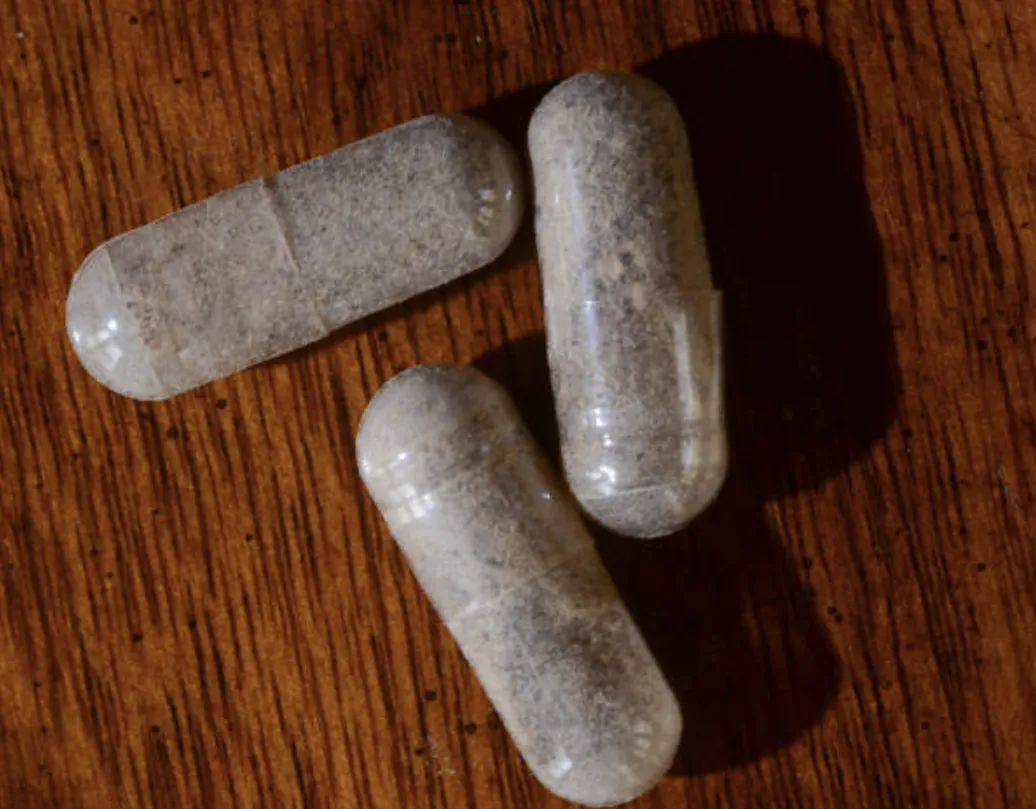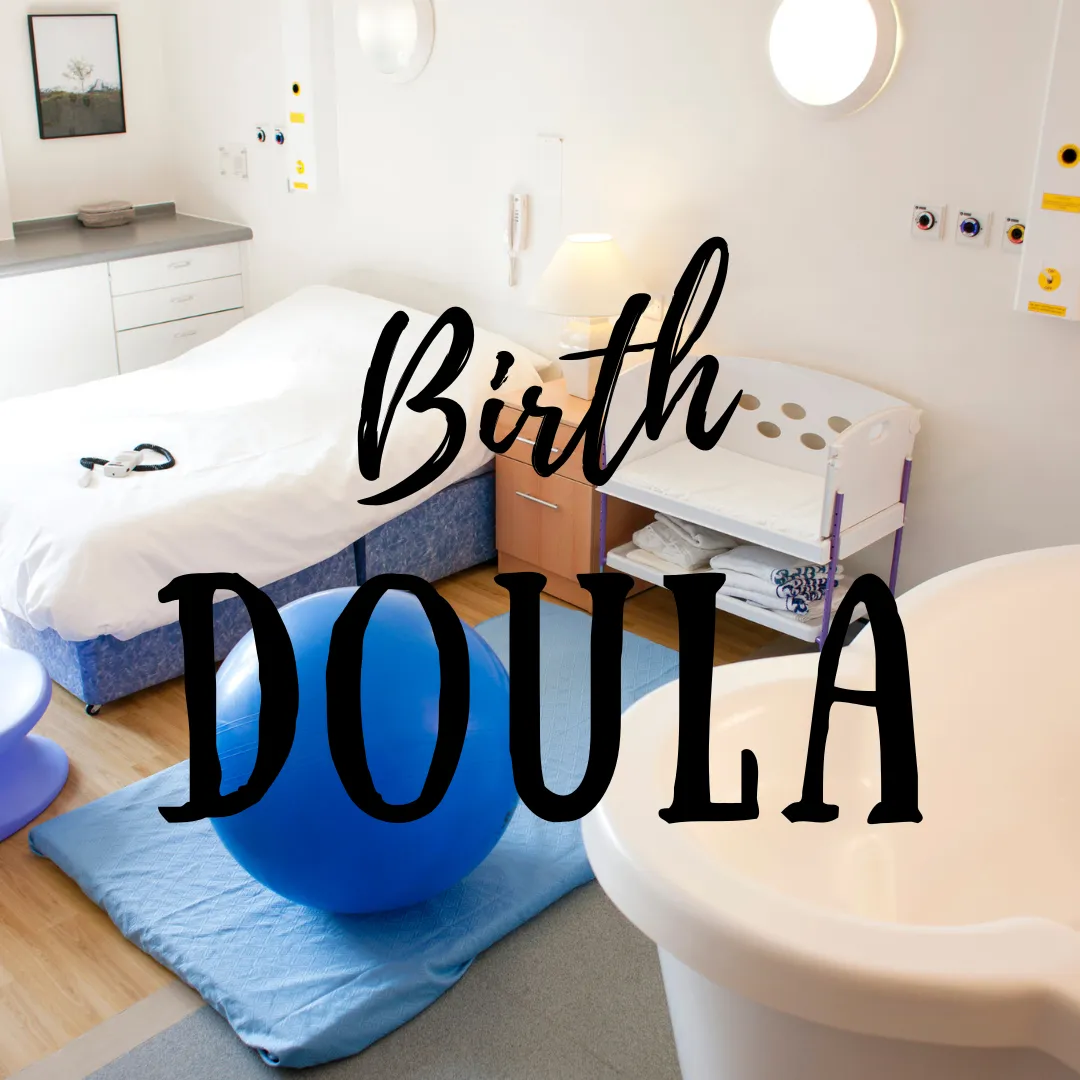Exploring the Role of The Placenta in Pregnancy.
The placenta is a remarkable organ that plays a crucial role in pregnancy. It is responsible for providing oxygen, nutrients, and removing waste products from the developing fetus. In this article, we will delve into the fascinating world of the placenta and explore its importance in the journey of pregnancy.

According to Dr. Jane Smith, author of the book "The Miracle of Life: Understanding Pregnancy," the placenta is formed during early pregnancy and attaches itself to the uterine wall. Dr. Smith explains, "The placenta is like a lifeline for the fetus. It acts as a barrier, protecting the baby from harmful substances while allowing essential nutrients and oxygen to pass through."
Understanding the structure of the placenta is essential in comprehending its role in pregnancy. Dr. Smith further elaborates, "The placenta is composed of maternal and fetal tissues. The maternal side is in direct contact with the uterine wall, while the fetal side is connected to the umbilical cord. This connection allows for the exchange of gases, nutrients, and waste products between the mother and the fetus."
In addition to its role in nutrient exchange, the placenta also acts as an endocrine organ. It produces hormones essential for maintaining a healthy pregnancy. Dr. Smith emphasizes, "The placenta produces hormones such as progesterone and human chorionic gonadotropin (hCG), which are vital for supporting the growth and development of the fetus. These hormones also help maintain the pregnancy by preventing the shedding of the uterine lining."
To gain a deeper understanding of the placenta's functions, it is worth exploring reliable sources beyond books. The website MedicalNewsToday provides comprehensive information on various aspects of pregnancy, including the role of the placenta. According to their article "The Placenta: Functions, Development, and Health Risks," the placenta also plays a critical role in the immune system of the fetus. It acts as a barrier against pathogens, protecting the developing baby from infections.
Furthermore, the placenta acts as a filter, preventing harmful substances from reaching the fetus. The same article states, "The placenta has the ability to selectively allow certain substances to pass through while blocking others. This ensures that the fetus receives what it needs for growth and development while avoiding potential toxins."
In conclusion, the placenta is an extraordinary organ that acts as a lifeline for the developing fetus. It facilitates the exchange of nutrients, gases, and waste products between the mother and the baby. Additionally, it produces hormones crucial for maintaining a healthy pregnancy. Understanding the role of the placenta is essential for appreciating the complexity and beauty of the journey of pregnancy.
References:
Smith, J. (2019). The Miracle of Life: Understanding Pregnancy. XYZ Publications.
"The Placenta: Functions, Development, and Health Risks." MedicalNewsToday, www.medicalnewstoday.com/articles/320295. Accessed 15 November 2022.



